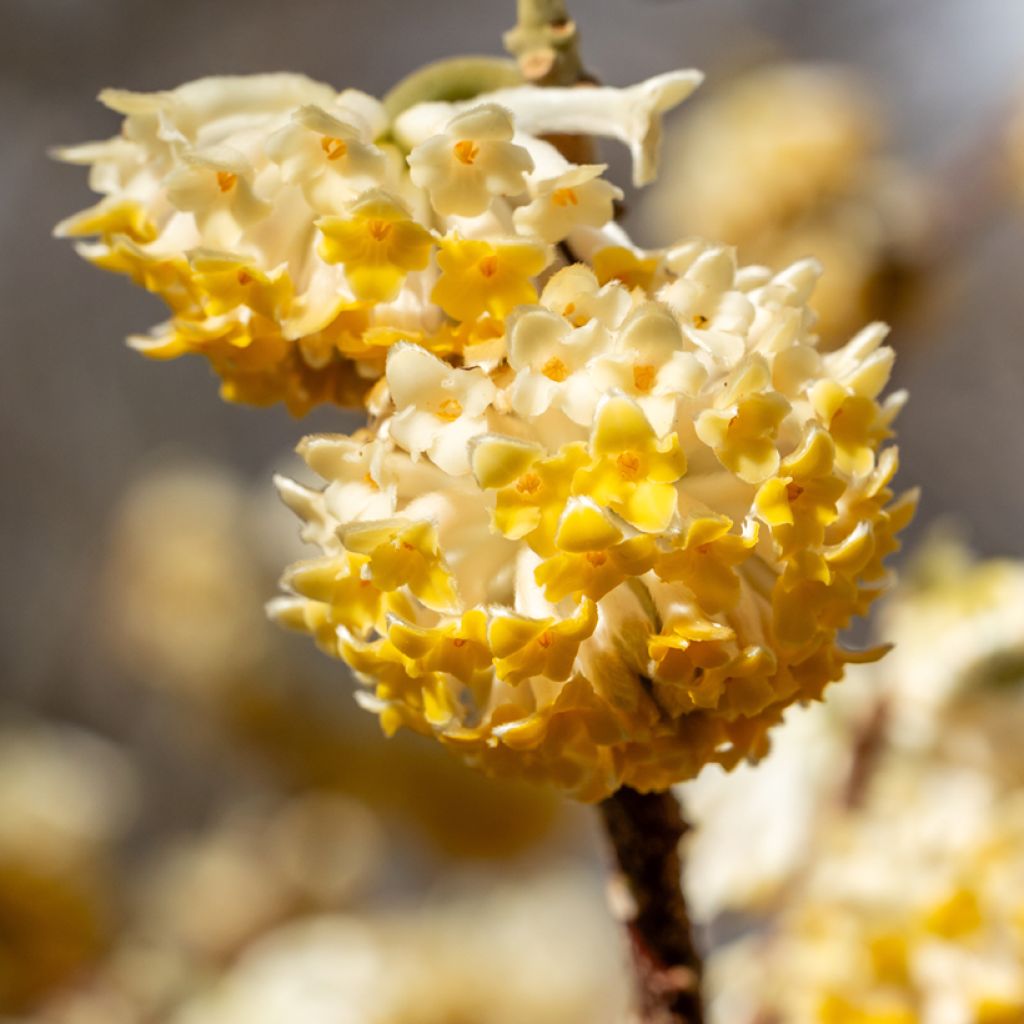

Edgeworthia chrysantha Grandiflora
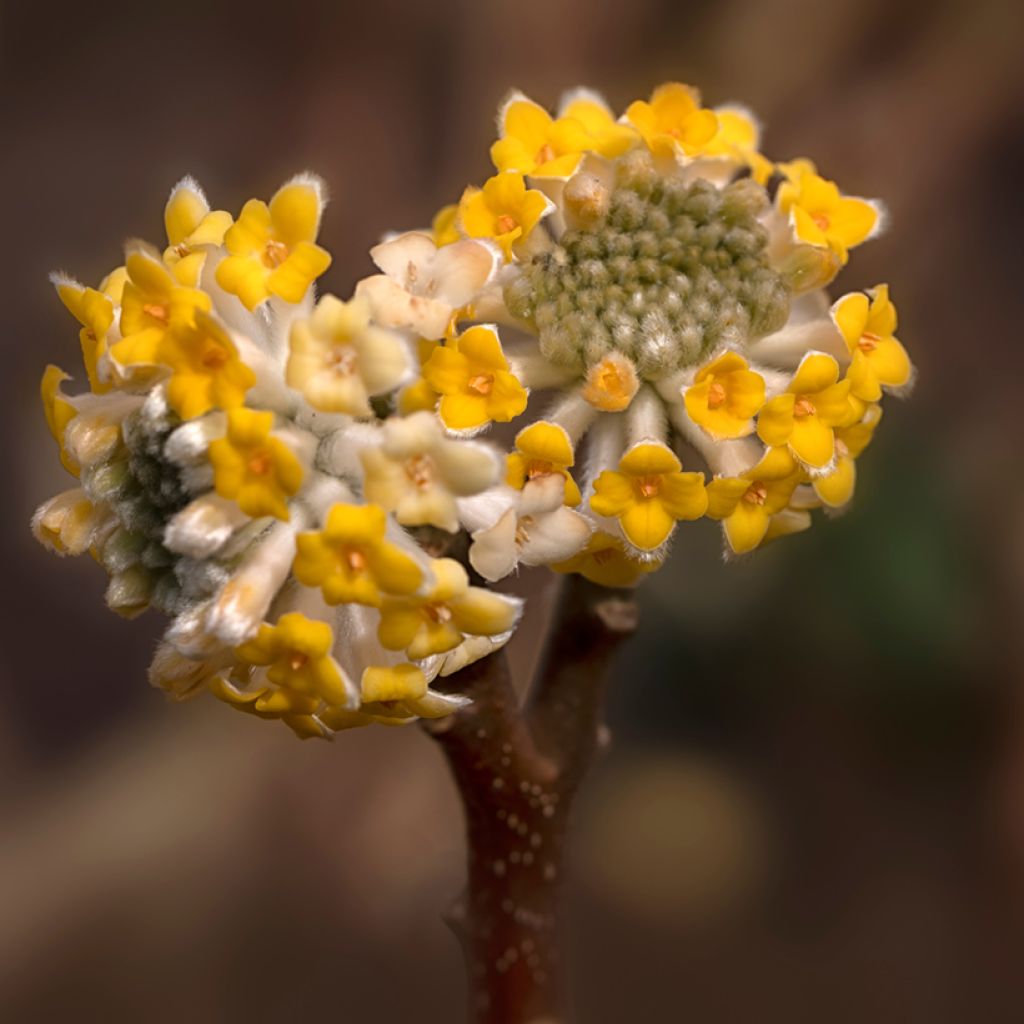

Edgeworthia chrysantha Grandiflora
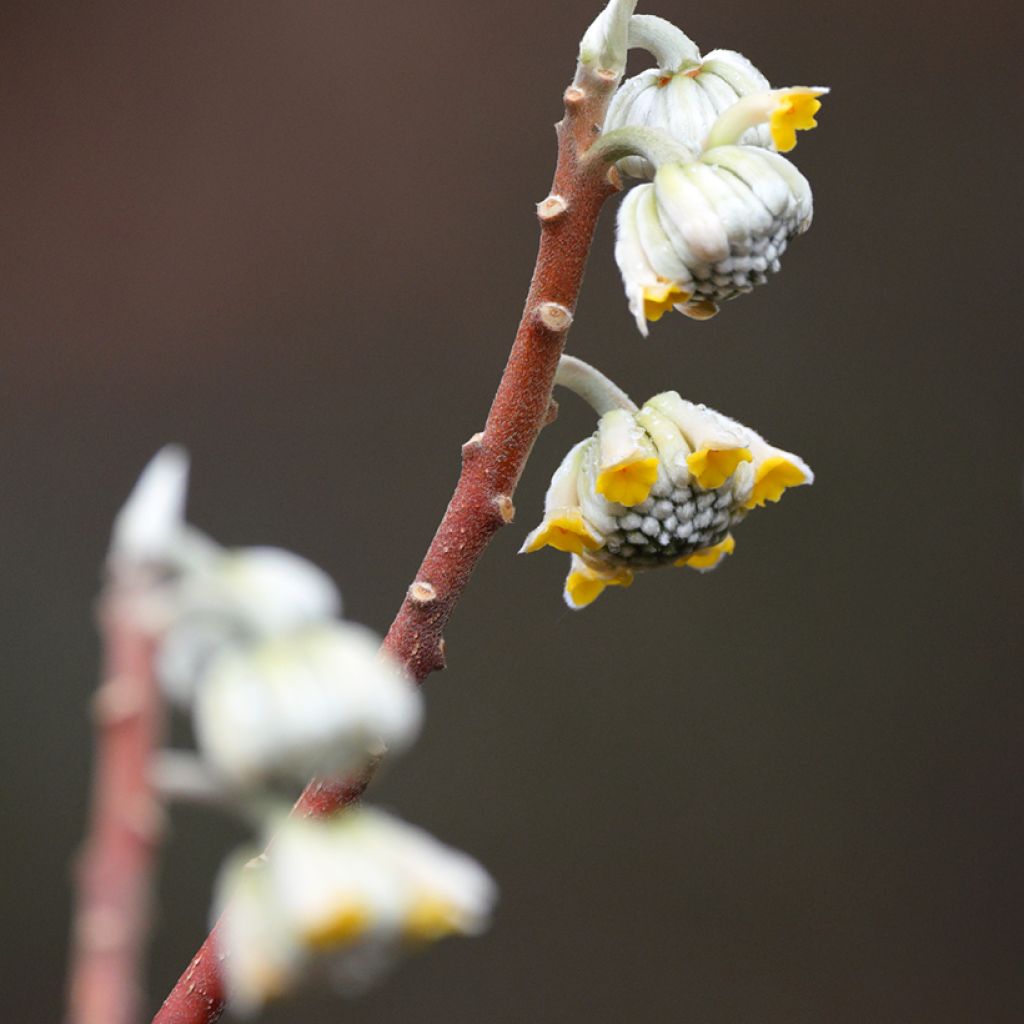

Edgeworthia chrysantha Grandiflora
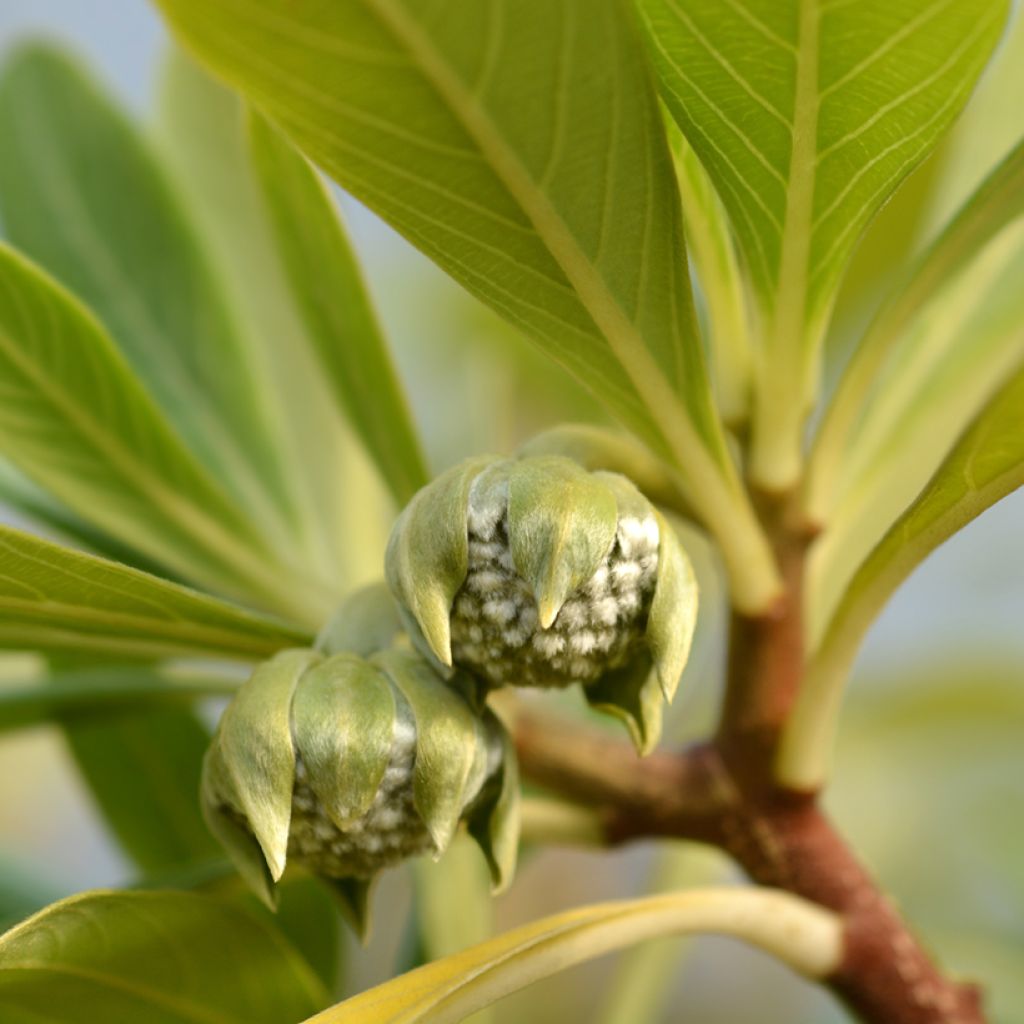

Edgeworthia chrysantha Grandiflora
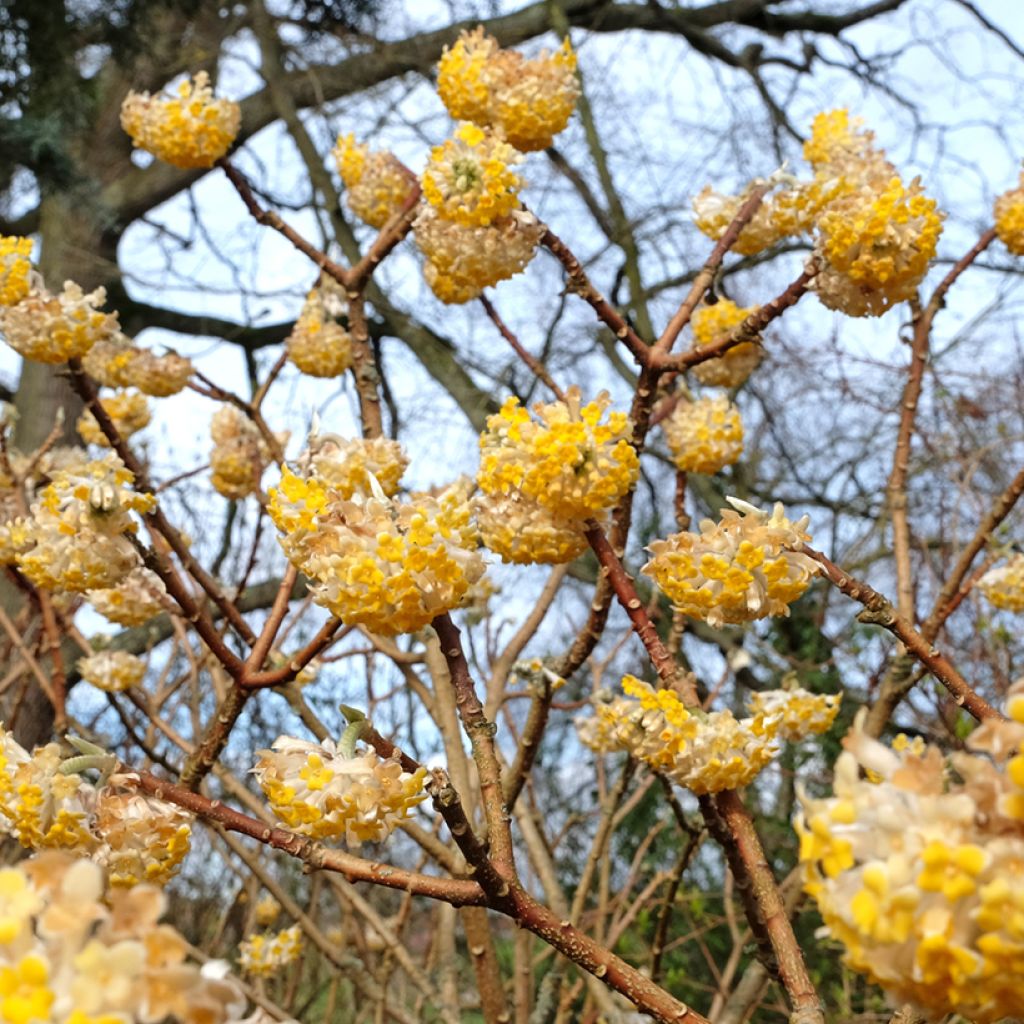

Edgeworthia chrysantha Grandiflora
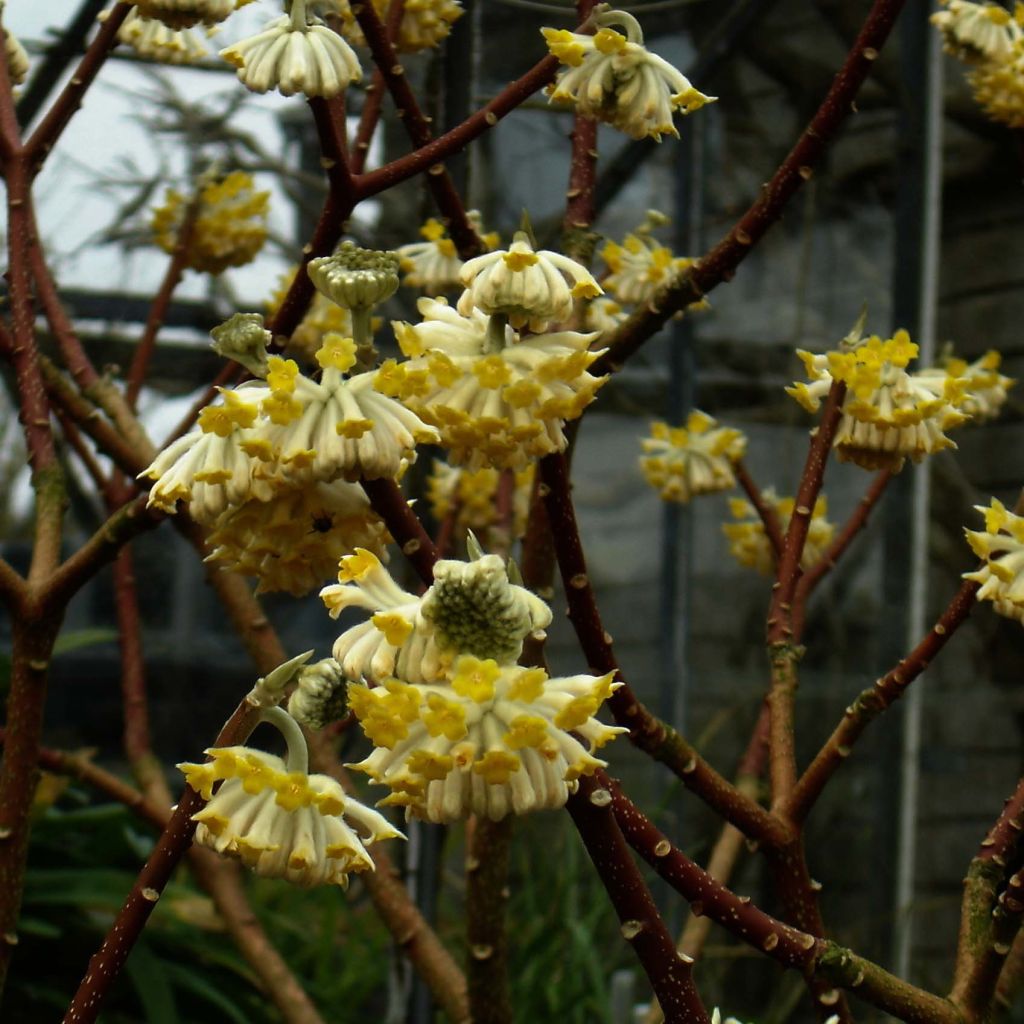

Edgeworthia chrysantha Grandiflora
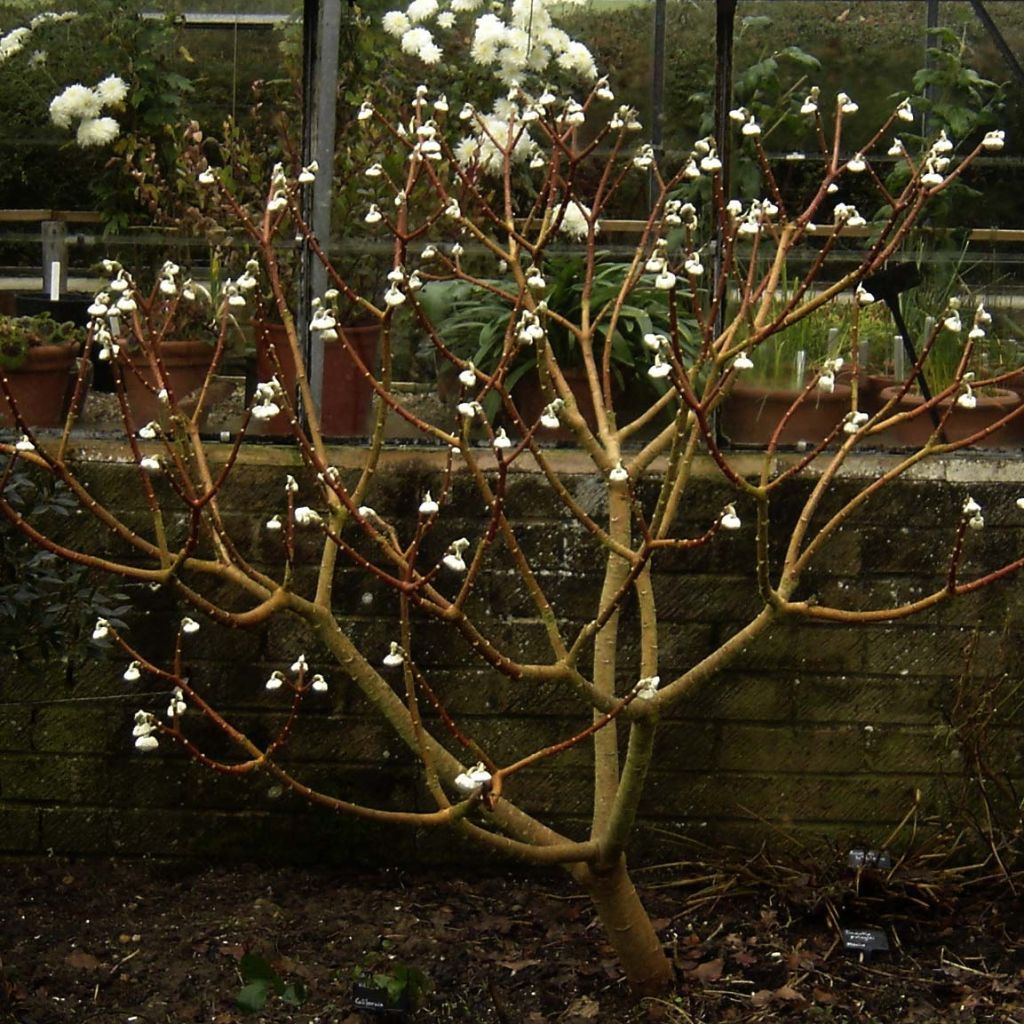

Edgeworthia chrysantha Grandiflora
Edgeworthia chrysantha Grandiflora
Edgeworthia chrysantha Grandiflora
Paperbush, Oriental Paperbush, Yellow Daphne
Very happy surprise in a good-sized pot mixture 1/3 heather soil 2/3 Richeterre bagged soil Full sun exposure in Marseille With generous watering every two days A success despite literature advising against the Mediterranean climate I'm eagerly awaiting its flowering and fragrance
Guillaume , 12/10/2025
Special offer!
Receive a €20 voucher for any order over €90 (excluding delivery costs, credit notes, and plastic-free options)!
1- Add your favorite plants to your cart.
2- Once you have reached €90, confirm your order (you can even choose the delivery date!).
3- As soon as your order is shipped, you will receive an email containing your voucher code, valid for 3 months (90 days).
Your voucher is unique and can only be used once, for any order with a minimum value of €20, excluding delivery costs.
Can be combined with other current offers, non-divisible and non-refundable.
Home or relay delivery (depending on size and destination)
Schedule delivery date,
and select date in basket
This plant carries a 24 months recovery warranty
More information
We guarantee the quality of our plants for a full growing cycle, and will replace at our expense any plant that fails to recover under normal climatic and planting conditions.

Would this plant suit my garden?
Set up your Plantfit profile →
Description
Edgeworthia chrysantha 'Grandiflora' is a variety of paper bush with larger and more abundant winter inflorescences than the species. This deciduous shrub develops a beautiful bushy structure and then spreads with short, thick, and regular branches, highlighted by a smooth, reddish-brown bark that becomes light grey-brown with age. It flowers early, on the tips of bare branches in a multitude of bright yellow tubular flowers with silky white undersides, gathered in loose, clusters, very bright and exhaling a powerful fragrance where notes of jasmine and honeysuckle blend. Moderately hardy, its cultivation is somewhat delicate, preferring mild and humid climates, bright exposures without scorching sun, and neutral to acidic, rich, well-drained, and moist soil.
Edgeworthia chrysantha (synonym E. tomentosa) is a close relative of Daphnes, belonging to the Thymelaeaceae family. It is the only species known for its ornamental qualities, and for its use in the production of luxury paper. This shrub is native to central China, where it is found in forests, on riverbanks, or on bushy slopes at altitudes between 300 and 1600 m (984 ft 4 in and 5249 ft 4 in). This plant has become naturalized in Japan and on the south coast of Korea due to intensive cultivation. The plant has a lifespan of about 30 to 60 years.
The 'Grandiflora' cultivar is a rare commercial selection, presenting larger, more numerous flowers, with a brighter yellow colour and a more intense fragrance than the species. This slow-growing shrub with a bushy habit, will reach about 1.50 m (4 ft 11 in) in all directions. Its very short trunk disappears as peripheral branches emerge. The thick, flexible, reddish-brown branches, branch very regularly and characteristically into three secondary branches. Flowering takes place from February to March, lasting about a month, at the tips of bare branches. The flower buds, protected by pretty silver bracts, are carried by a curved peduncle that straightens up when the buds unfold into pale green round umbels that open from the centre to the periphery. The small flowers, numbering 30 to 50, measure about 5 mm (0.2 in). Each one is composed of a silky white tube widening into 4 bright yellow lobes, fading to white, giving the inflorescence a two-tone appearance. These flowers are very nectar-rich and exhale a heady scent in calm weather, attracting bumblebees or early bees. The fragrance resembles that of cloves, jasmine, or honeysuckle. The flowering is followed by the formation of inedible fruits with a stone.
The deciduous foliage has an exotic appearance, more abundant and larger than in the species, and appears mainly at the ends of the branches after flowering. It consists of large alternate, lanceolate leaves, reaching up to 20 cm (7.9 in) in length. The strongly veined leaf is shiny, green-blue on the upper side, lighter and silky on the underside. In hot weather, the leaves tend to wilt and fall prematurely.
Edgeworthia 'Grandiflora' is a collector's shrub, to be highlighted and planted not far from a pathway or entrance to enjoy its fragrance. If it is not more widely planted in our gardens, it is due to its fairly low hardiness, around -12°C in a sheltered position and well-drained soil, the sensitivity of its flowering to dry and icy winds, and its aversion to heat. Like rhododendrons, it does not tolerate the presence of limestone and requires soil that remains moist but well-drained. It will naturally find a place alongside other acid-loving shrubs such as Camellias, Pieris, Kalmia, and tree heathers.
Also known as Mistumata or paper tree, the Edgeworthia chrysantha is used in Japan to make high-quality paper from its branches: washi. The resulting paste gives the paper a unique texture and makes it resistant to the effects of time, humidity, and insects.
Report an error about the product description
Edgeworthia chrysantha Grandiflora in pictures
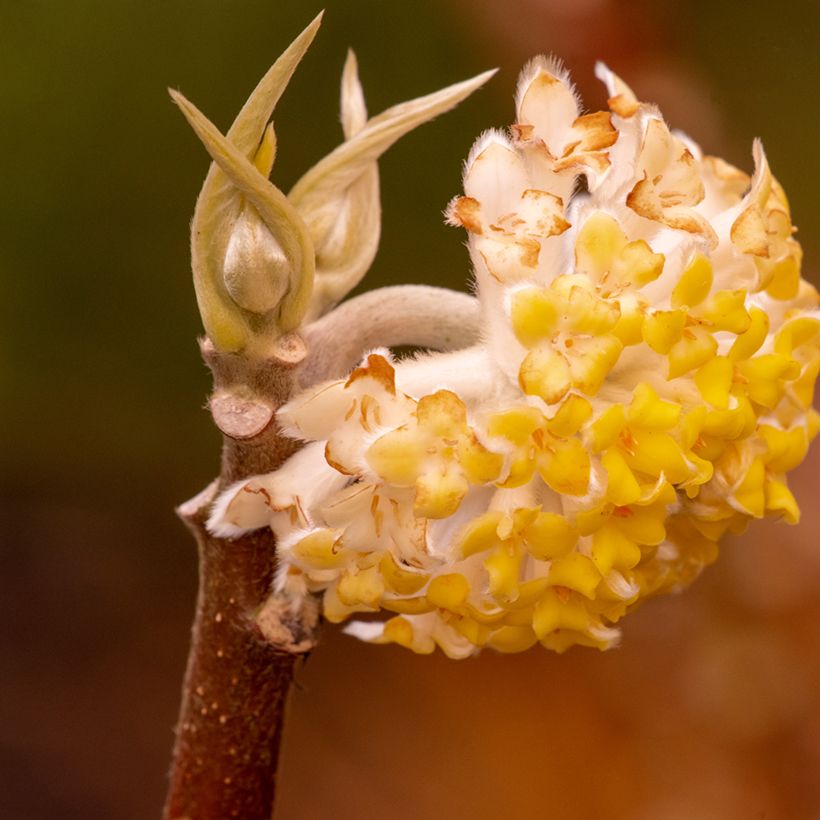



Plant habit
Flowering
Foliage
Botanical data
Edgeworthia
chrysantha
Grandiflora
Thymeleaceae
Paperbush, Oriental Paperbush, Yellow Daphne
Cultivar or hybrid
Planting and care
Edgeworthia chrysantha can be exposed to full sun or, at most, partial shade. It thrives in all types of non-chalky soils, but prefers light, moist, fertile, and well-drained soils. A humus-rich and deep soil is ideal. Remember to water it regularly, preferably with non-chalky water. It can withstand temperatures from -10 to -15°C (14 to 5 °F) and flourishes in mild and humid coastal climates, just like rhododendrons, azaleas, and camellias. This bush does not require pruning.
Planting period
Intended location
Care
-
, onOrder confirmed
Reply from on Promesse de fleurs
Haven't found what you were looking for?
Hardiness is the lowest winter temperature a plant can endure without suffering serious damage or even dying. However, hardiness is affected by location (a sheltered area, such as a patio), protection (winter cover) and soil type (hardiness is improved by well-drained soil).

Photo Sharing Terms & Conditions
In order to encourage gardeners to interact and share their experiences, Promesse de fleurs offers various media enabling content to be uploaded onto its Site - in particular via the ‘Photo sharing’ module.
The User agrees to refrain from:
- Posting any content that is illegal, prejudicial, insulting, racist, inciteful to hatred, revisionist, contrary to public decency, that infringes on privacy or on the privacy rights of third parties, in particular the publicity rights of persons and goods, intellectual property rights, or the right to privacy.
- Submitting content on behalf of a third party;
- Impersonate the identity of a third party and/or publish any personal information about a third party;
In general, the User undertakes to refrain from any unethical behaviour.
All Content (in particular text, comments, files, images, photos, videos, creative works, etc.), which may be subject to property or intellectual property rights, image or other private rights, shall remain the property of the User, subject to the limited rights granted by the terms of the licence granted by Promesse de fleurs as stated below. Users are at liberty to publish or not to publish such Content on the Site, notably via the ‘Photo Sharing’ facility, and accept that this Content shall be made public and freely accessible, notably on the Internet.
Users further acknowledge, undertake to have ,and guarantee that they hold all necessary rights and permissions to publish such material on the Site, in particular with regard to the legislation in force pertaining to any privacy, property, intellectual property, image, or contractual rights, or rights of any other nature. By publishing such Content on the Site, Users acknowledge accepting full liability as publishers of the Content within the meaning of the law, and grant Promesse de fleurs, free of charge, an inclusive, worldwide licence for the said Content for the entire duration of its publication, including all reproduction, representation, up/downloading, displaying, performing, transmission, and storage rights.
Users also grant permission for their name to be linked to the Content and accept that this link may not always be made available.
By engaging in posting material, Users consent to their Content becoming automatically accessible on the Internet, in particular on other sites and/or blogs and/or web pages of the Promesse de fleurs site, including in particular social pages and the Promesse de fleurs catalogue.
Users may secure the removal of entrusted content free of charge by issuing a simple request via our contact form.
The flowering period indicated on our website applies to countries and regions located in USDA zone 8 (France, the United Kingdom, Ireland, the Netherlands, etc.)
It will vary according to where you live:
- In zones 9 to 10 (Italy, Spain, Greece, etc.), flowering will occur about 2 to 4 weeks earlier.
- In zones 6 to 7 (Germany, Poland, Slovenia, and lower mountainous regions), flowering will be delayed by 2 to 3 weeks.
- In zone 5 (Central Europe, Scandinavia), blooming will be delayed by 3 to 5 weeks.
In temperate climates, pruning of spring-flowering shrubs (forsythia, spireas, etc.) should be done just after flowering.
Pruning of summer-flowering shrubs (Indian Lilac, Perovskia, etc.) can be done in winter or spring.
In cold regions as well as with frost-sensitive plants, avoid pruning too early when severe frosts may still occur.
The planting period indicated on our website applies to countries and regions located in USDA zone 8 (France, United Kingdom, Ireland, Netherlands).
It will vary according to where you live:
- In Mediterranean zones (Marseille, Madrid, Milan, etc.), autumn and winter are the best planting periods.
- In continental zones (Strasbourg, Munich, Vienna, etc.), delay planting by 2 to 3 weeks in spring and bring it forward by 2 to 4 weeks in autumn.
- In mountainous regions (the Alps, Pyrenees, Carpathians, etc.), it is best to plant in late spring (May-June) or late summer (August-September).
The harvesting period indicated on our website applies to countries and regions in USDA zone 8 (France, England, Ireland, the Netherlands).
In colder areas (Scandinavia, Poland, Austria...) fruit and vegetable harvests are likely to be delayed by 3-4 weeks.
In warmer areas (Italy, Spain, Greece, etc.), harvesting will probably take place earlier, depending on weather conditions.
The sowing periods indicated on our website apply to countries and regions within USDA Zone 8 (France, UK, Ireland, Netherlands).
In colder areas (Scandinavia, Poland, Austria...), delay any outdoor sowing by 3-4 weeks, or sow under glass.
In warmer climes (Italy, Spain, Greece, etc.), bring outdoor sowing forward by a few weeks.





























